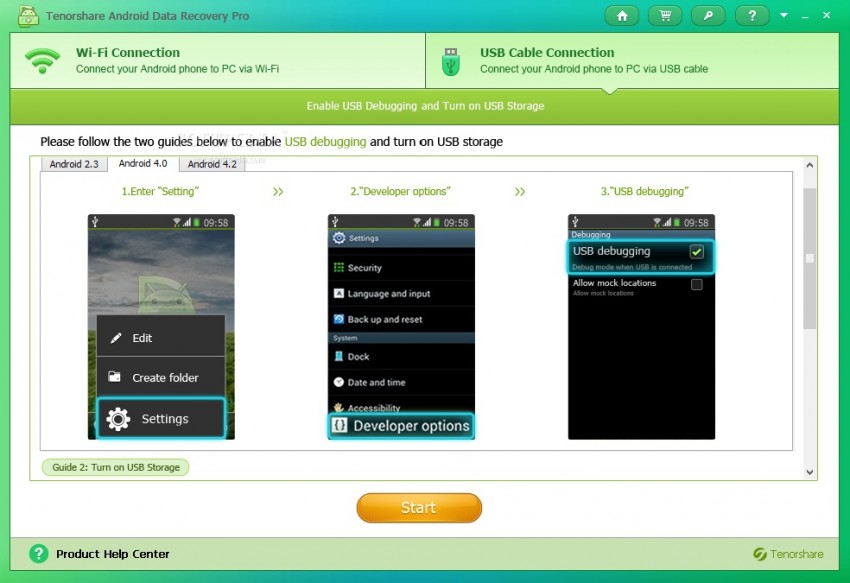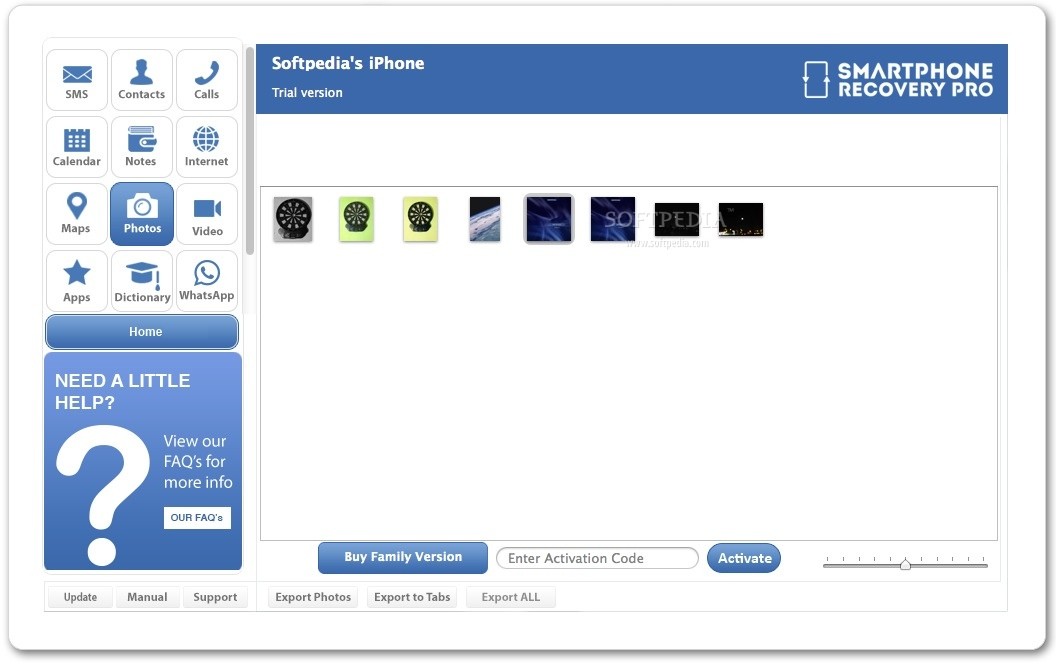
- Smartphone recovery pro for android download android#
- Smartphone recovery pro for android download free#
Tap the overflow menu (three dots) in the top right corner, and select "Show SD card" or "Show internal memory".Swipe away the "Open from" panel to the left.If you see an empty screen with an "Open from" title like in the screenshots below, then follow these steps: Unfortunately the standard picker can be a bit difficult to use for the first time.
Smartphone recovery pro for android download android#
This will take you to the standard Android folder picker that you can use to select the folder into which the files will be saved. The second option allows you to save the recoverable files back to the local device (to the internal memory or SD card of the same device from which the files are being recovered). Your device will automatically let you select the app to which the files will be sent: You can also send the files to a cloud storage app such as Dropbox or Google Drive.

For example, you can send the files to your Email app, so that you could email the files to yourself. The first and most recommended method allows you to send the recoverable files to another app on your device. To recover one or more files, tap the check mark next to the recoverable files you want to recover, then tap the "Recover" button in the top toolbar.

By default, a minimum size is enabled when recovering photos, to filter out most other (non-photo) images that may be on your device's memory (from browser cache, bitmaps from other apps, etc).ĭiskDigger provides three different ways for you to save the recoverable files: Save to an app, Save to device, and FTP upload, each which are discussed below. If you want to impose a minimum size on the files shown, press the checkbox next to "Minimum file size", and enter the minimum number of bytes below. Pressing the "Options" button (gear icon) will allow you to filter the recoverable files based on file size, and file type. You may also tap on the overflow menu (three dots) on each of the files, to see recovery options for each individual file. You may tap on any of the files to select its checkbox, which will select it for recovery. When the app starts scanning for deleted files, you will see the main DiskDigger screen, which will start populating with recoverable files: For better performance, please select only the file types that you actually need. Make sure to press "Allow" in order to grant DiskDigger root access.Īfter you select the memory device to scan, you will select the types of files that you'd like to recover. When you use the app on a rooted device, you may see a Superuser request window.

If your device is not rooted, tap the "Start basic photo scan" button to continue, and continue to the "Scanning for files" section below. Your device's internal memory usually appears as "/data", and the device's SD card usually appears as "/mnt/sdcard" or something similar. If your device is rooted, the app should allow you to select the memory partition to scan. After launching the app, it will display two options: "Basic scan" and "Full scan." The "full" scan functionality is available only on rooted devices, whereas the "basic" functionality is available regardless of whether your device is rooted. Using DiskDigger for Android is very simple.
Smartphone recovery pro for android download free#
It also allows more efficient deleting and wiping of unwanted files and free space.


 0 kommentar(er)
0 kommentar(er)
